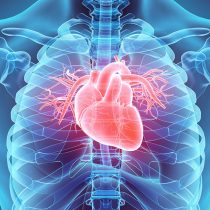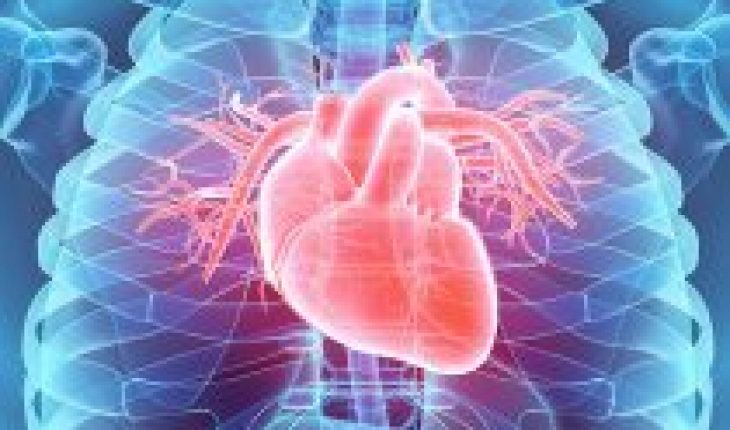
A study in Germany, whose initial results were released only a few days ago, found that out of a total of 100 Covid-19 patients without previous pathologies 78 had considerable heart damage shortly after recovering. In addition, the analysis found that this disease is capable of damaging even the heart of young patients who before developing the infection were healthy and strong, which has generated an even greater degree of concern among doctors and scientists.
Similar research, conducted mainly in the United States and England, has also warned of a reality that had been assumed after five months of pandemic: that while the lungs are the organs that are most affected by Covid-19, this disease also has a considerable effect on the heart.
“The evidence available so far makes it possible to argue that cardiac engagement occurs regardless of the severity of this disease and persists beyond the acute period of infection. In most cases, the cause of heart damage would be a direct inflammatory process of the myocardium in the form of myocarditis and acute pericarditis. However, it is essential to continue to carry out follow-up studies of recovered patients to know more robustly the cardiovascular impact of SARS-CoV-2”, explains the cardiologist Rienzi Díaz Navarro, director of the Department of Internal Medicine of the University of Valparaiso.
Increased risk
What is clear to date is that people with pre-existing cardiovascular disease who have developed Covid-19 are at increased risk of serious complications.
In this regard, Dr. Díaz warns that among patients with heart disease – whatever the origin of heart disease – heart function can decrease significantly and are therefore more likely to suffer heart failure or other complications such as acute myocardial infarction or arrhythmias.
“Heart function is depressed by direct viral infection of the heart or as a result of the systemic inflammatory response. In any case, the heart is affected by Covid-19 whether or not there is a previous cardiovascular pathology, whether it is an older or young person, or if the infection with this coronavirus was acute or mild,” the academic says.
Drugs
During the onset of the pandemic, there were doubts as to the risk of use of some drugs used to treat cardiovascular disease, especially about some medications prescribed for hypertension and heart failure (the converter enzyme inhibitors or angiotensin receptor antagonists 2).
Diaz explains that there is currently no significant scientific evidence to support the latter.
“It is not feasible to claim the existence of harmful effects of these medicines on people affected by Covid-19 or that covid-19 favor infection. Therefore, patients should not stop their treatments, even more so when they are proven medicines for cardiovascular health,” the doctor concludes.
This issue has aroused great interest at the global level and also in our country, and more precisely now in August, when Heart Month is commemorated- since according to estimates from the Ministry of Health, 45 people die daily from cardiovascular disease.





